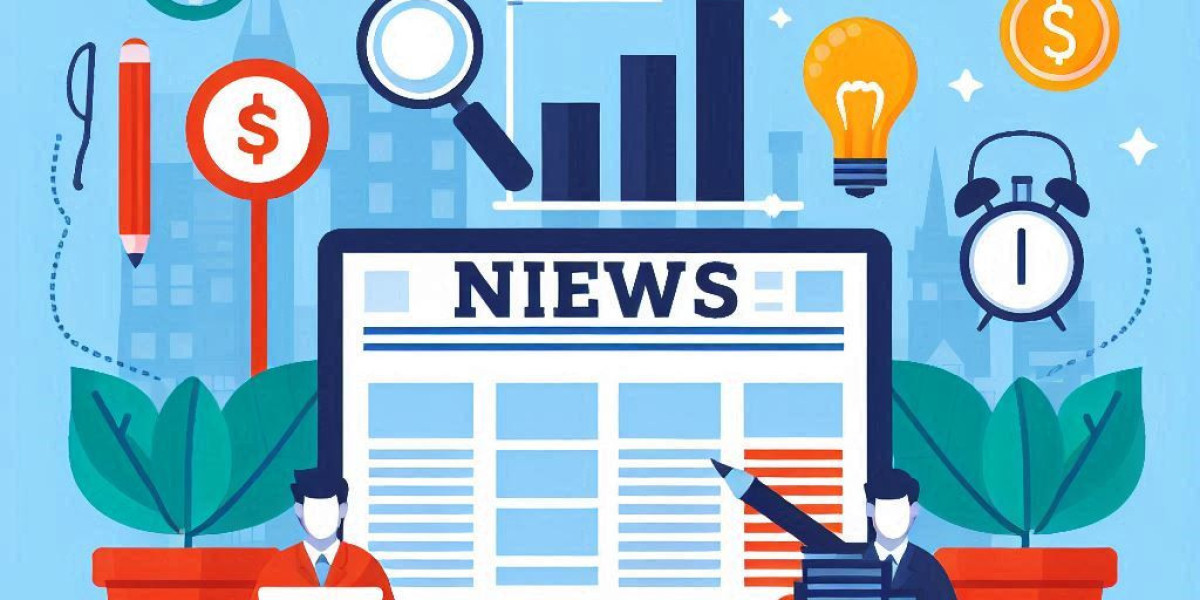In the ever-evolving world of economics, staying abreast of the latest trends and news is crucial for students who aspire to excel in this dynamic field. Whether you’re looking for the best economics homework help or insights into the latest industry developments, understanding these trends can significantly enhance your academic and professional journey. Here, we explore some of the most impactful trends and news stories shaping the landscape of economics today.
The Rise of Artificial Intelligence and Machine Learning in Economics
One of the most transformative trends in economics is the integration of artificial intelligence (AI) and machine learning (ML). These technologies are revolutionizing how economic data is analyzed, making predictions more accurate and efficient. AI and ML are being used to develop sophisticated economic models that can predict market trends, consumer behavior, and financial risks with unprecedented precision.
For students, this means that mastering AI and ML techniques is becoming increasingly important. Many universities are now offering specialized courses in these areas, and numerous online resources and platforms provide practical training. Familiarity with these tools not only enhances your understanding of economic theories but also makes you more competitive in the job market.
Big Data and Econometrics
Big Data is another game-changer in the field of economics. The ability to analyze vast amounts of data allows economists to uncover patterns and insights that were previously impossible to detect. This has led to more informed decision-making in both the public and private sectors.
Econometrics, the application of statistical methods to economic data, is at the forefront of this revolution. By combining econometric techniques with Big Data, economists can test hypotheses and validate models with greater accuracy. For students, gaining proficiency in econometrics is essential. It not only helps in academic research but also in practical applications such as policy analysis and financial forecasting.
Behavioral Economics: Understanding Human Decision-Making
Behavioral economics, which combines insights from psychology and economics to understand how people make decisions, has gained significant traction in recent years. This field challenges the traditional assumption of rational behavior, showing that human decisions are often influenced by cognitive biases and emotions.
The relevance of behavioral economics extends beyond academia. Businesses and policymakers are increasingly using behavioral insights to design better products, services, and policies. For students, this presents an exciting opportunity to explore a multidisciplinary field that has real-world applications. Courses in behavioral economics are now widely available, and there are numerous research opportunities in this area.
Sustainable Economics and the Green Economy
As the world grapples with climate change and environmental degradation, sustainable economics has become a critical area of focus. This field examines how economic activities impact the environment and explores ways to achieve sustainable growth.
The rise of the green economy, which emphasizes sustainable practices, renewable energy, and eco-friendly products, is creating new opportunities for economists. Students interested in environmental issues can pursue careers in sustainability consulting, environmental policy, and corporate social responsibility.
Universities are increasingly incorporating sustainability into their economics curricula, and there are many internships and research projects available in this field. Understanding the principles of sustainable economics is not only important for addressing global challenges but also for making a positive impact in your career.
The Gig Economy and Labor Market Dynamics
The gig economy, characterized by short-term contracts and freelance work, is reshaping labor markets around the world. This trend has significant implications for economic analysis and policy-making.
Economists are studying how the gig economy affects employment, income distribution, and economic stability. For students, understanding these dynamics is crucial, as the traditional notions of employment and career paths are evolving. Courses in labor economics and industrial relations are particularly relevant, offering insights into the changing nature of work.
Moreover, the gig economy presents new opportunities for entrepreneurship and innovation. Students with a knack for business can explore gig work as a way to gain experience, build networks, and test their entrepreneurial ideas.
Financial Technology (FinTech) and Digital Currencies
FinTech, which refers to the use of technology to improve financial services, is another burgeoning field. Innovations such as blockchain, digital currencies, and peer-to-peer lending are transforming the financial landscape.
For economics students, understanding FinTech is essential. These technologies are not only changing how financial services are delivered but also raising new regulatory and policy challenges. Courses in financial economics and FinTech are increasingly popular, and many universities are offering specialized programs in this area.
Digital currencies like Bitcoin and Ethereum are also gaining mainstream acceptance. Studying the economics of digital currencies involves exploring topics such as monetary policy, financial regulation, and cybersecurity. This field is rapidly evolving, offering exciting research opportunities and career prospects.
Globalization and International Trade
Despite recent challenges such as trade wars and the COVID-19 pandemic, globalization continues to shape the world economy. Understanding international trade, capital flows, and global supply chains is fundamental for any economics student.
Courses in international economics and trade policy provide valuable insights into these issues. Students can also benefit from studying abroad or participating in international internships, which offer firsthand experience of how global economic dynamics play out in different regions.
Economic Inequality and Social Justice
Economic inequality is one of the most pressing issues of our time. The gap between the rich and the poor has significant implications for social stability, economic growth, and public policy.
Economists are studying the causes and consequences of inequality and exploring policy solutions to address it. For students, this field offers the chance to engage with some of the most critical debates in economics. Courses in development economics, public policy, and social justice are particularly relevant.
The Role of Government and Fiscal Policy
The role of government in the economy is another critical area of study. Fiscal policy, which involves government spending and taxation, plays a key role in managing economic cycles and addressing social issues.
Understanding fiscal policy is essential for students interested in public economics, policy analysis, or government careers. Recent trends, such as debates over universal basic income and progressive taxation, highlight the importance of this field.
The Importance of Continuous Learning and Adaptability
The field of economics is constantly evolving, driven by technological advancements, global events, and new research. For students, staying informed about the latest trends and news is essential.
In addition to traditional coursework, students should take advantage of online resources, workshops, and conferences. Engaging with professional organizations, such as the American Economic Association, can also provide valuable networking opportunities and access to cutting-edge research.
Conclusion
The landscape of economics is changing rapidly, driven by innovations in technology, shifts in global dynamics, and evolving social challenges. For students, staying informed about these trends is crucial for academic success and career development. Whether you’re seeking the best economics homework help or looking to deepen your understanding of emerging fields, embracing these trends will prepare you for a dynamic and rewarding career in economics. By staying adaptable and continuously learning, you can navigate the complexities of the modern economy and make a meaningful impact in your chosen field.








